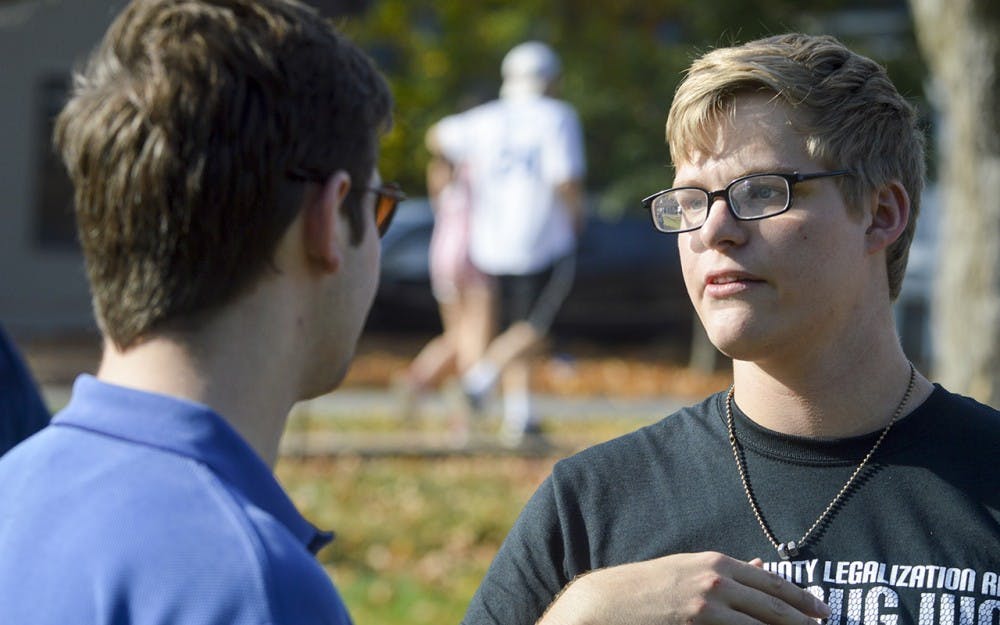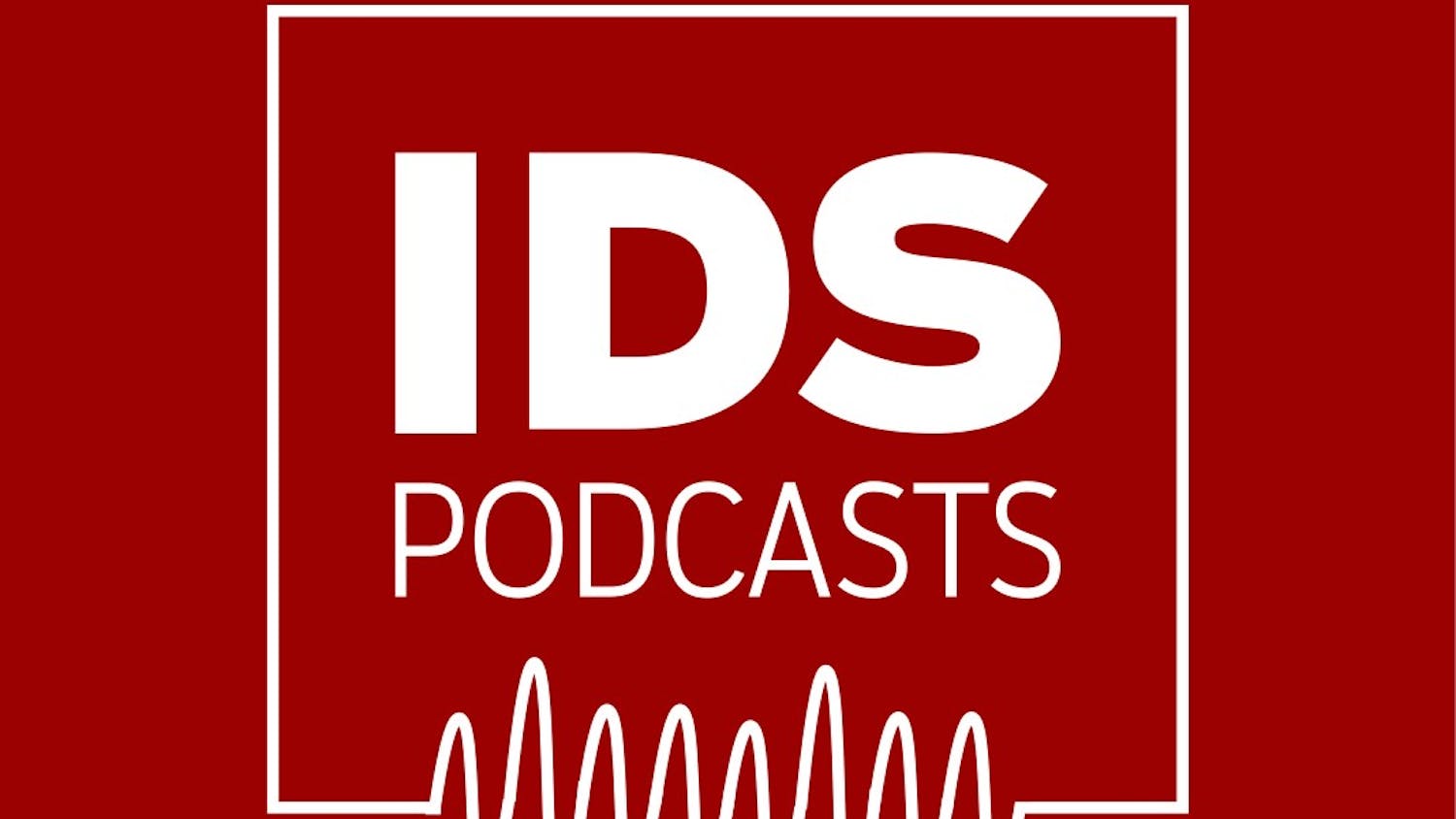After eight states voted to legalize marijuana in some form last week, leaders involved with the IU student organization againstPROHIBITION said they plan to continue lobbying for the cause in Indiana and other states.
“I was really impressed we were able to move forward with legalization,” againstPROHIBITION Vice President Lauren Patin said. “I thought it spoke volumes that we are accepting marijuana for medicine or even recreation.”
California, Nevada, Massachusetts and Maine legalized marijuana for all uses, including recreation, on Nov. 8., and Florida, Arkansas, North Dakota and Montana legalized marijuana for medicinal purposes.
Indiana had no marijuana-related measures on the ballot last Tuesday, and marijuana is currently illegal for all purposes in the state.
AgainstPROHIBITION President Brandon Lavy said he does not see that changing any time soon given the election of Eric Holcomb as governor last week. Holcomb has stated his opposition to marijuana legalization for any purpose.
Patin said againstPROHIBITION, which advocates for changes in drug policy across the board, isn’t giving up on the issue of marijuana legalization in Indiana, though.
“We’re still pushing our state representatives to at least let our population vote on the issue,” Patin said.
AgainstPROHIBITION, which started at IU last year, is now expanding operations across state lines as it applies for nonprofit status and begins to spread to other campuses.
Patin said activism in other states helps further the cause for legalization in Indiana because it provides evidence to show state officials about what legalization and its effects look like.
“We’re just going to do the best we can to get more people on board, starting with local representatives, so we can show Holcomb we stand for some sort of legalization,” Patin said.
Other plans for the group moving forward include analyzing why Arizona, a state with legal medical marijuana, failed to legalize recreational use. Lavy said this case poses the question of whether incrementally legalizing marijuana — first for medical use, then for recreational use — is useful or if efforts should be moved to full legalization.
Prior to the election, againstPROHIBITION members participated in phone banking through a partnership with the national organization Students for Sensible Drug Policy, through which they called voters in other states, namely Maine, to advocate for voting for marijuana legalization.
Lavy said the referendum in Maine was narrowly decided possibly by fewer votes than the 5000 calls SSDP made to the state to advocate for legalization. This shows the importance of activism, Lavy said.
“Those efforts really crossed the line for Maine,” Lavy said. “It shows you can’t just sit on your couch and smoke weed. You have to get up and do something.”




